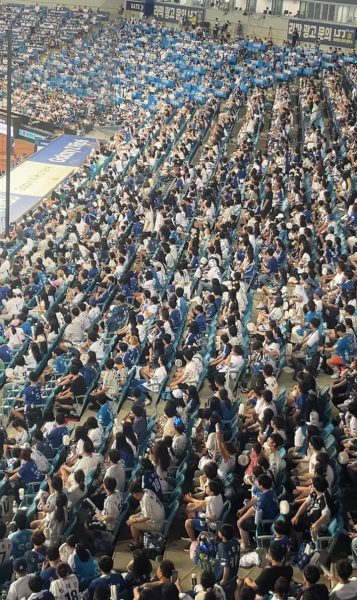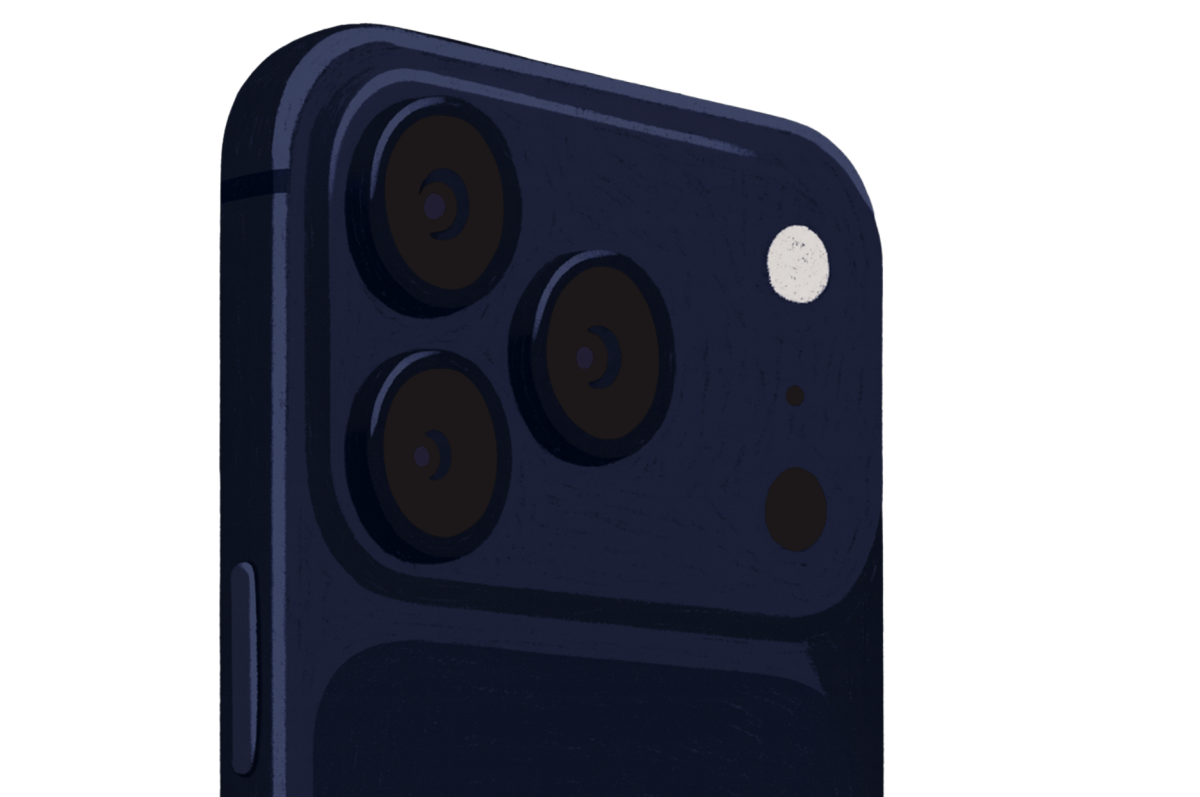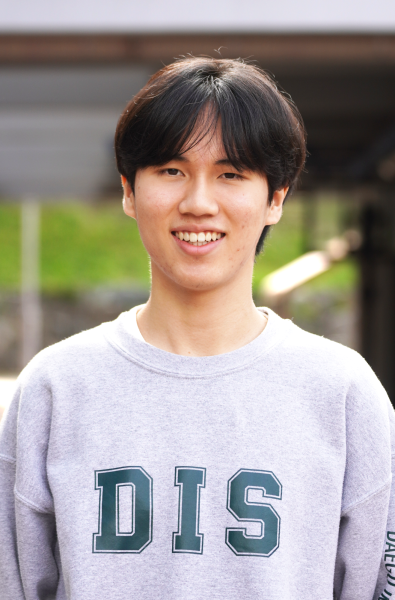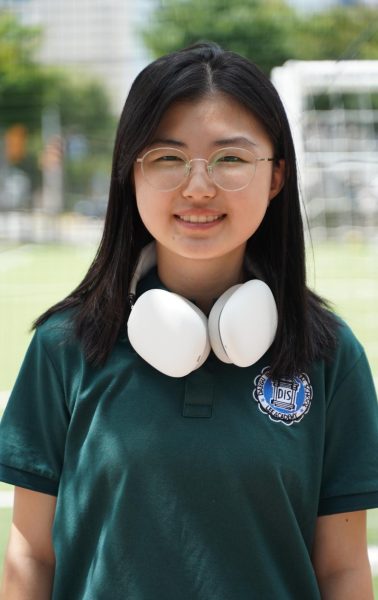
Disclaimer: This article contains the personal opinions of the writer and does not represent the views of the Flyover.
In a tie game between the Kia Tigers and Samsung Lions, the stadium packed with “fanatic fans,” the crowd chants Kim’s name after a poor double play. Next at bat, a role player hits an immaculate single past the shortstop. The crowd’s quiet applause echoes through the stadium.
Since the success at the 1988 Seoul Olympics and the 2002 World Cup, sports have settled down as an integral part of K-culture. However, the local market deviates from the norm with its dominant female fanbase.
In professional sports such as volleyball, basketball, soccer, and baseball, 55% of the fans consist of women in South Korea. In the United States, women comprise approximately 25%, and in the United Kingdom and Australia, the figures fall to about 15%.
Previously, in the ‘80s and the ’90s, sports entertainment took on a rowdy nature, with cigarettes, alcohol, and poor safety precautions and hygiene. However, female fandoms have brought in a more celebratory culture. As a result, sports games have arisen as a family-friendly pastime, and women have surpassed men in traditionally male-dominant entertainment.

Now, stadiums in South Korea resemble rock concerts with their fan chants and mouth-watering food. “I wasn’t much of a baseball fan, but when I first watched baseball with my friends, I knew nothing about the rules. But once I started watching, the energy of the game felt so energetic without even knowing the rules. As I watched more, I got to know more about the rules, and that’s how I got into Korean baseball,” Ms. Wang, secondary math teacher and a Lotte Giants fan said.
Female fandoms, especially women in their 20s, foster positivity in cultural aspects. The influx of the group not only forms a family-friendly culture but generates economic profits through adorable merchandise, uniforms, and photocards.
Just like in K-pop, fans 덕질 (deok-jil) –some idolize specific players on the team. Ardent fans send coffee trucks to training sessions and design viral memes on media platforms.
“I mostly like to watch volleyball, soccer, and baseball, but I love to watch soccer the most. One of my friends recommended baseball, and I noticed that Lee Jae-Hyeon from Samsung Lions is the best player on the team,” said Elly Song, an active athletic fan in seventh grade.
However, despite the benefits, toxic fan bases taint the sports community. These stans favor certain players based on appearance rather than in-game performance, which harms the team as a whole.
“If Lee Jae-Hyeon wasn’t as handsome, I wouldn’t have liked him as much as I do now, and I don’t think he would have been as popular. I think some fans just watch players for their looks and not even know the rules of the games,” Song added. Appearance settled as a natural attribute for athletes to shine in South Korea.
“얼빠팬들 (eolppa paendeul)” a Korean expression for lookist stans, form an inappropriate culture that ruins the show. “I think [these fans] consider handsome players as superstars and celebrities, but I do understand that too,” added Ms. Wang.
For instance, when sports teams go through slumps, appearance-obsessed fans protect their favorites and instead place the blame on other players. Such scenarios lead to hate comments on social media that sap away the self-esteem of the most talented athletes.
Becky Cho, a freshman 7-year-veteran baseball aficionado said, “It’s [the fans’] choice, but they’re just wasting their time. They don’t understand the amount of effort the other players put in, and it’s unfair for those players who try their best.” As a student-athlete, Cho understands the dedication and complexity of becoming one.
Supportive devotees motivate athletes to perform at peak levels, but treating them like celebrities may cause discomfort. Lee Kang-In, the star midfielder for Paris Saint Germain (PSG) and South Korea’s national team, pleaded for his privacy when impolite fans shot photos of his personal life without permission.
Despite the so-called “toxic fans,” we should not hold prejudice against women new to the sports scene. Although methods may vary, the continuous interest forms a robust culture. What matters is to support the team itself with enthusiasm and manners.





















































aiden Hwang • Sep 12, 2024 at 7:27 pm
i wissh i could have gone
kakim • Sep 7, 2024 at 6:57 pm
I should be more considerate of my favorite team! (Lotte Giants)
and I found out Ms. Wang was a fan- YAYYYYY
JLoeseh • Sep 12, 2024 at 7:27 pm
Giants for the W (good to know that I’m not the only Giants fan in this school)